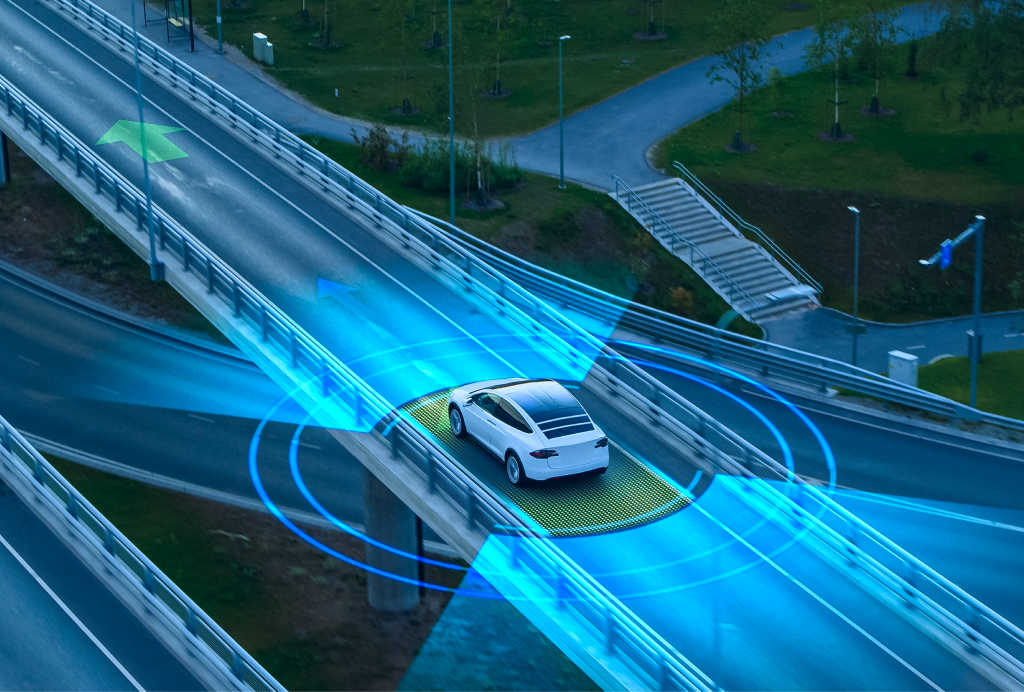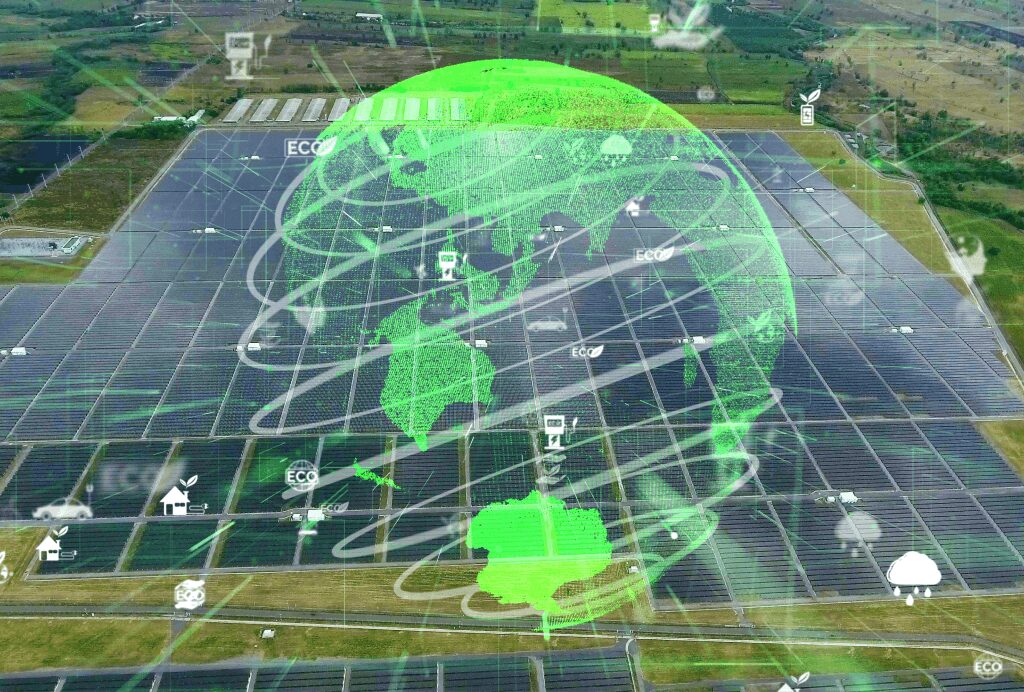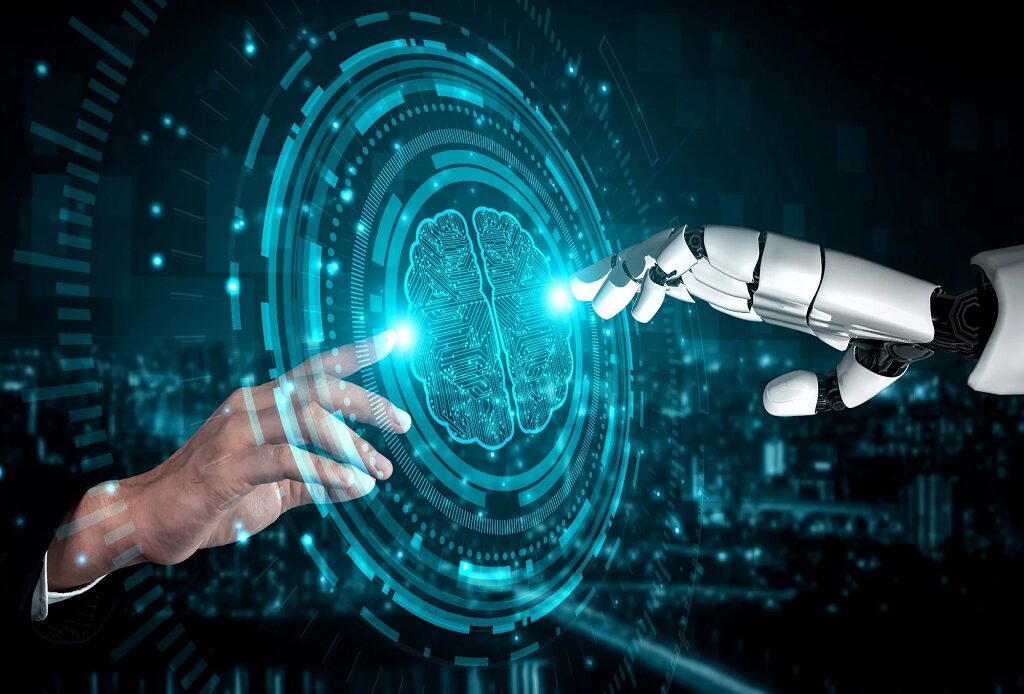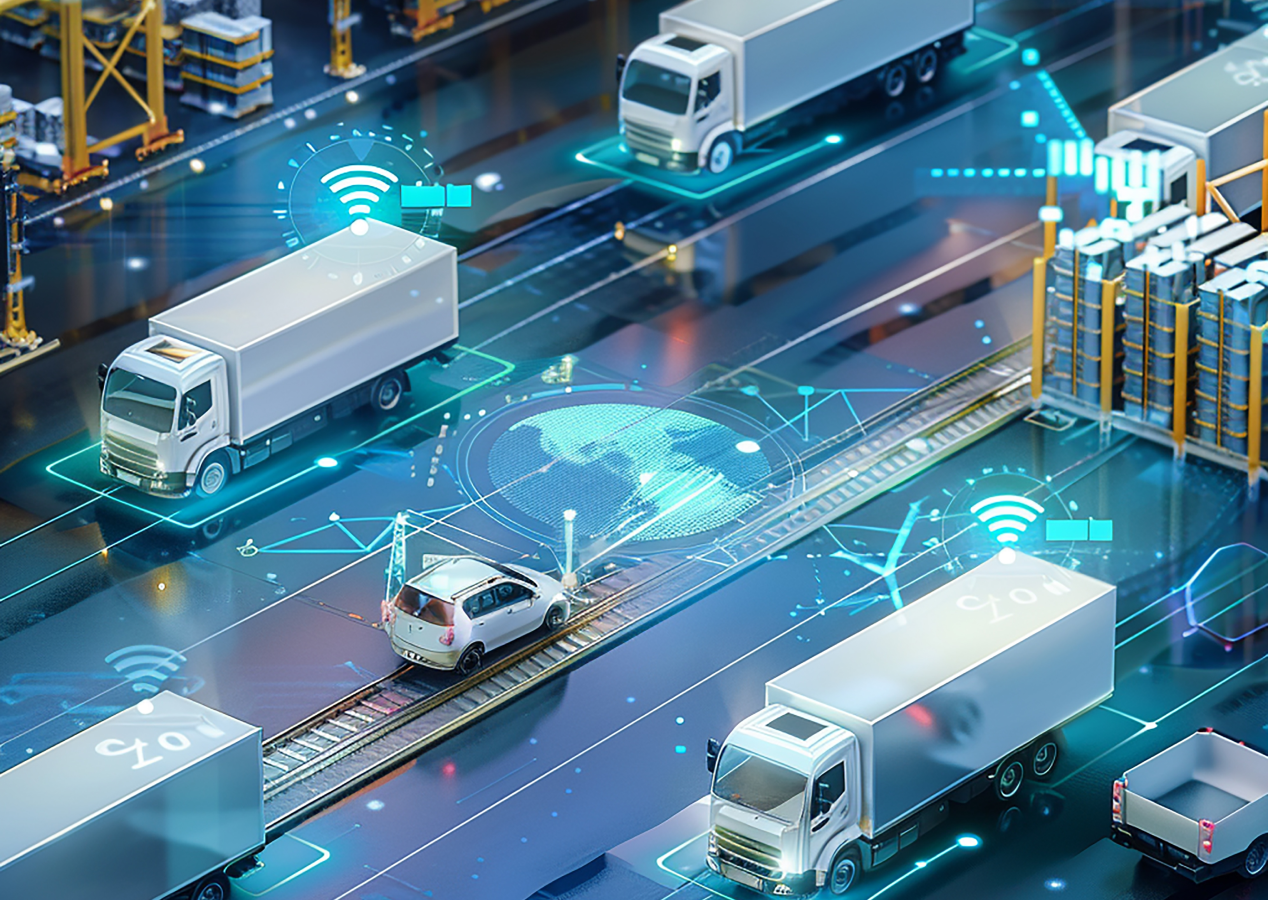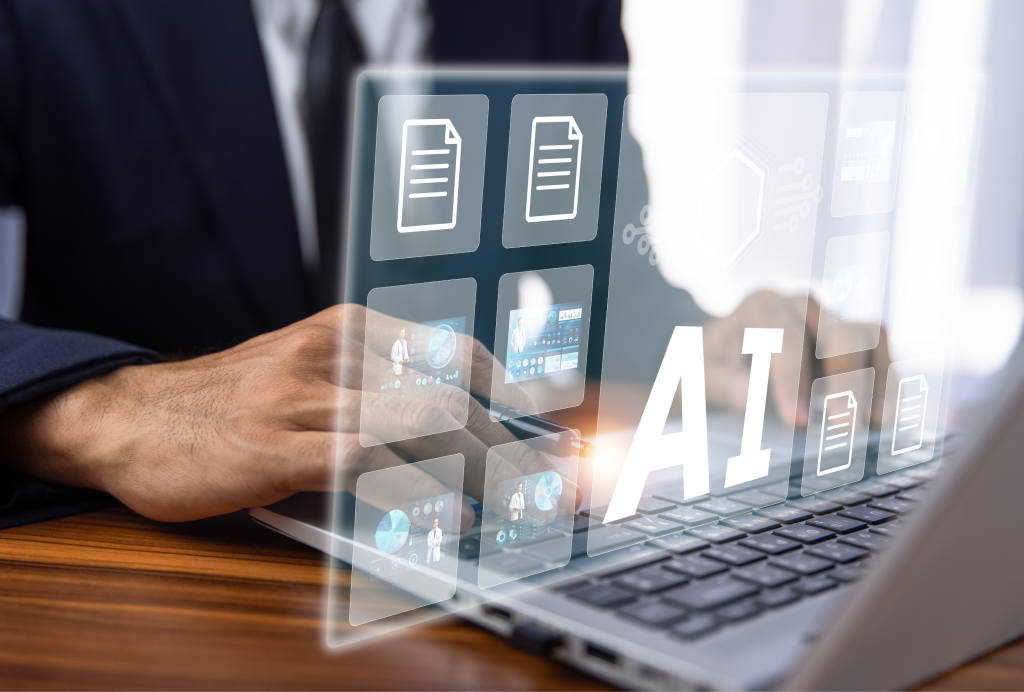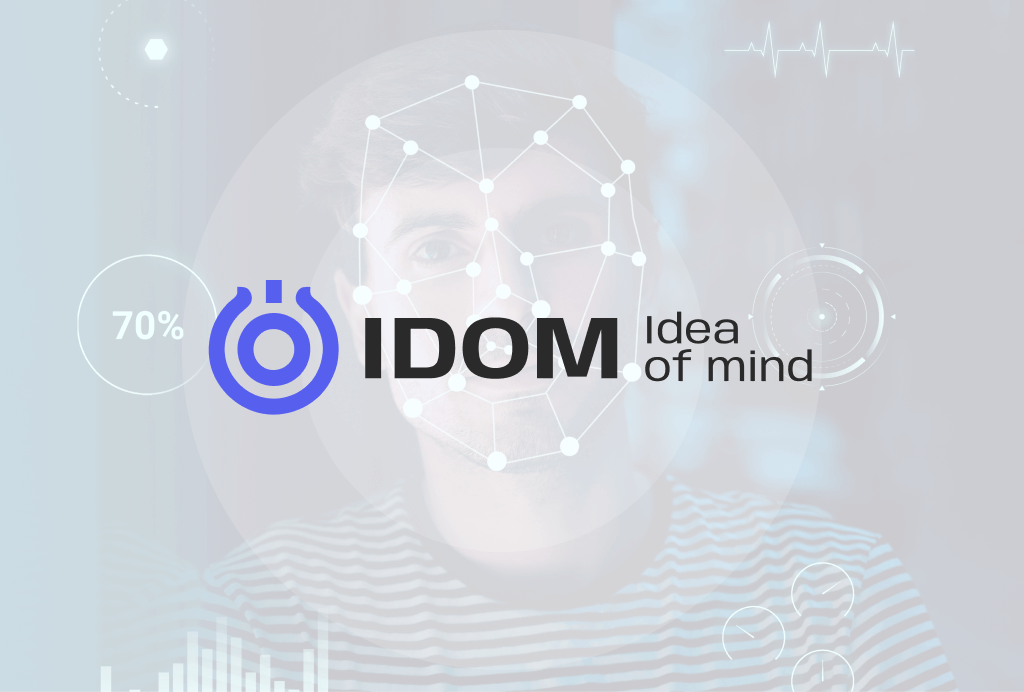Introduction
Huge change has been brought about by the integration of Artificial Intelligence and the Internet of Things in recent years. Among the areas where the combination has brought a massive effect is in vehicle tracking systems. The traditional approach to vehicle tracking relied entirely on GPS technology for location monitoring. However, these systems have now grown to offer real-time insights, predictive capabilities, and enriched operational efficiencies with the advent of AI and IoT. In this article, an attempt is being made to look at advantages brought in through the integration of AI into IoT in vehicle tracking systems and how this is changing perspectives around fleet management and logistics.
AI and IoT: A Powerful Combination
Both of these technologies complement each other, and when put together, they become unparalleled in their advantages. While IoT consists of various connected devices that collect information and send it to the main hub, AI uses algorithms that analyze and make sense of that very information. In vehicle tracking systems, IoT sensors pick up data on location, speed, engine performance, and driving behavior, while AI, in turn, processes that information to deliver actionable insights.
Benefits of AI and IoT Integration in Vehicle Tracking
1. Real-Time Monitoring and Predictive Analytics
Integrating AI into vehicle tracking systems based on IoT enables monitoring and analysis in real time. It is the IoT sensors that track vital parameters related to location, fuel consumption, and health regarding ground vehicles. AI takes this information instantly to return predictive analytics that can predict any potential problem well before it reaches a critical level. AI predictive analysis, regarding trends in data, will allow one, for example, to estimate the possibility of engine failure and allow the fleet manager to undertake maintenance, thus avoiding costly breakdowns. This proactive approach reduces downtime and extends the lifespan of vehicles.
2. Improved Fleet Efficiency
Vehicle tracking systems can optimize the fleet operations by embedding AI in IoT. AI algorithms analyze data regarding traffic trends, conditions of the roads, and fuel consumption to suggest the best routes for efficient running of a fleet. The result is a reduction in fuel costs, timely delivery, and productivity of the overall fleet. IoT-enabled vehicles talk to each other on road conditions or delays, thus optimizing the flow of operations in real time.
3. Improved Driver Safety
Among the top priorities of any fleet operator is driver safety. Driving practices-such as sudden braking, overspeeding, or cornering harshly-are tracked by IoT sensors, while AI interprets this to identify the riskier patterns of driving. In case of the appearance of unsafe driving behaviour, AI instantly alerts the driver and the fleet manager with in-built notifications for corrective action. This would also go so far as to build, over time, driver profiles based on performance, showing them where they might need additional training, which of course would lead to safer roads and fewer accidents.
4. Cost Reduction
The convergence of AI and IoT reduces operational costs on many fronts. Predictive maintenance for vehicles by AI reduces the instance of unscheduled repair and extends the life of a fleet. Optimized routing and fuel-efficient performance lower the cost of transportation, while enhanced driver behavior reduces the risk of accidents and insurance premiums. These savings, when aggregated, substantially contribute to the bottom line of fleet management businesses in the long run.
AI and IoT in Future Vehicle Tracking
While AI and IoT technologies are developing day by day, much more amazing things could be done with vehicle tracking systems. Such future developments may include autonomous fleet management, where the vehicles note their status and make independent decisions on changing routes or schedules in real time without human interference. Also, electric and autonomous vehicles will further increase their usage of AI and IoT, going even further in fleet management possibilities.
What But What About Your Customers?
Whichever ecommerce platform you go with, there’s only one group who can tell you if your ecommerce store is easy for customers to use—and that’s your customers.
Conclusion
The integration of AI and IoT in the vehicle tracking system is defacing the current concept behind fleet management. From real-time monitoring to predicting analytics, the list of benefits goes on and on with improved safety and cost reduction. This will be even more vital in the future of fleet management as AI-powered IoT in vehicle tracking systems continue to promise effectiveness for business operations desiring efficiency and optimization.

